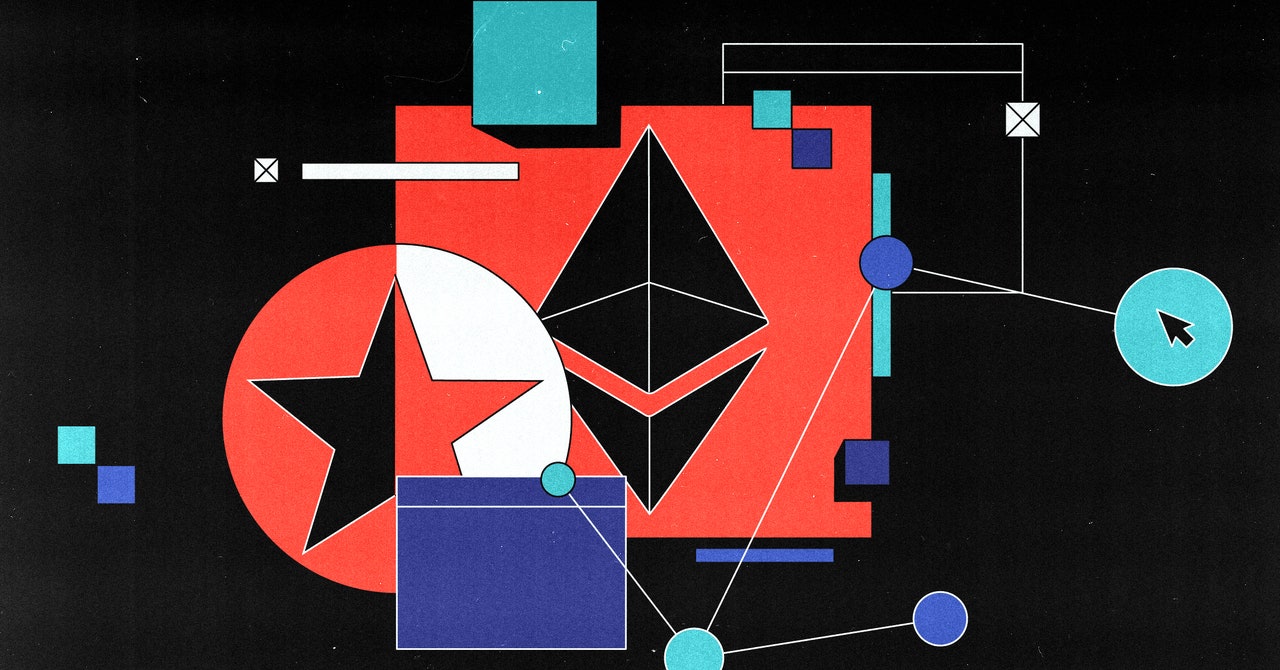On April 7 Ranendra Ojha, a marketing specialist in the eastern Indian city of Kolkata, was looking forward to installing and using the new Tata Neu super app. Super apps are generic mobile apps under which companies offer a bunch of services. But as soon as Ojha installed and registered for Tata Neu on his phone number, he was horrified to see that this newly launched app now had three of his old addresses along with his full name – details he had never shared with the application.
As he dug further, Ojha realized that the app appeared to have downloaded data from the grocery app Big Basket, which Ojha used frequently. Like Big Basket, Tata Neu is owned by the nearly 155-year-old Tata Group. One of India’s largest conglomerates and a household name, the Tata Group sells everything from salt to software and has recently entered the world of consumer technology through a slew of acquisitions.
“Honestly, I was quite shocked that Tata took my personal data from one of the apps they owned and used it for this new app,” says Oha. “They actually shared my personal data with the entire Tata Group company without my permission.”
Another user based in the southern Indian city of Bangalore was equally shocked to see multiple addresses (including the address of his old home where he no longer lives) and his date of birth already pre-loaded on Tata Neu when he registered to use his phone number and one-time password. What he found more confusing was that his wife’s Tata Neu also had her old office address, which he said they never used for any purpose. “Personally, I am a very big fan of the Tata Group and there is trust when it comes to the Tata brand,” says Naren, who asked not to be quoted under a pseudonym, fearing a backlash from the company. “But that trust is lost when they do such nefarious things in the name of user experience.”
Tata Neu was launched in the first week of April and has at least 2.2 million downloads. The app contains all the company’s brands ranging across industries such as e-commerce, financial services, airline tickets, grocery, pharmaceuticals and hotels. But the inclusion of pre-loaded personal data in a new app means that the Tata Group has been able to retain customer data across its online and offline companies and create their profiles. According to privacy advocates, this is problematic because it happened without users giving explicit consent and in the absence of a comprehensive data protection law in India.
The Tatas, with a market capitalization of over $300 billion at current exchange rates, have a strong offline presence across a wide range of sectors. But until relatively recently, consumer technology remained an untapped market. So a few years ago, in a bid to compete with tech giants like Amazon and Walmart-owned Flipkart, Tata started building its digital profile by acquiring startups like Alibaba-backed online grocery firm Big Basket and a startup drug delivery 1mg, along with an investment in health and fitness startup Cult.Fit.




